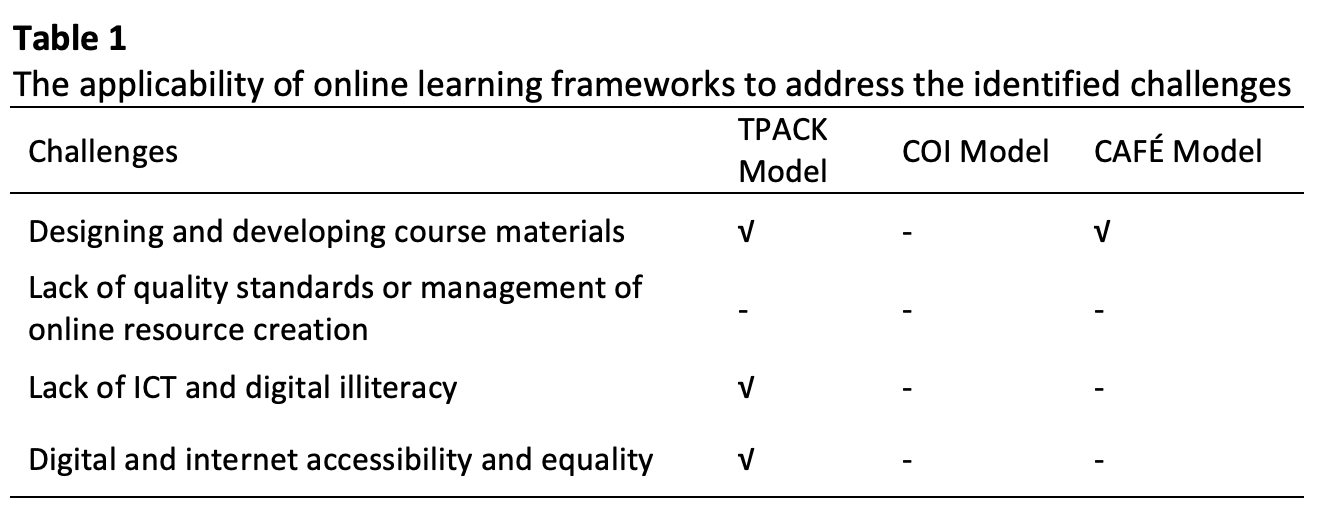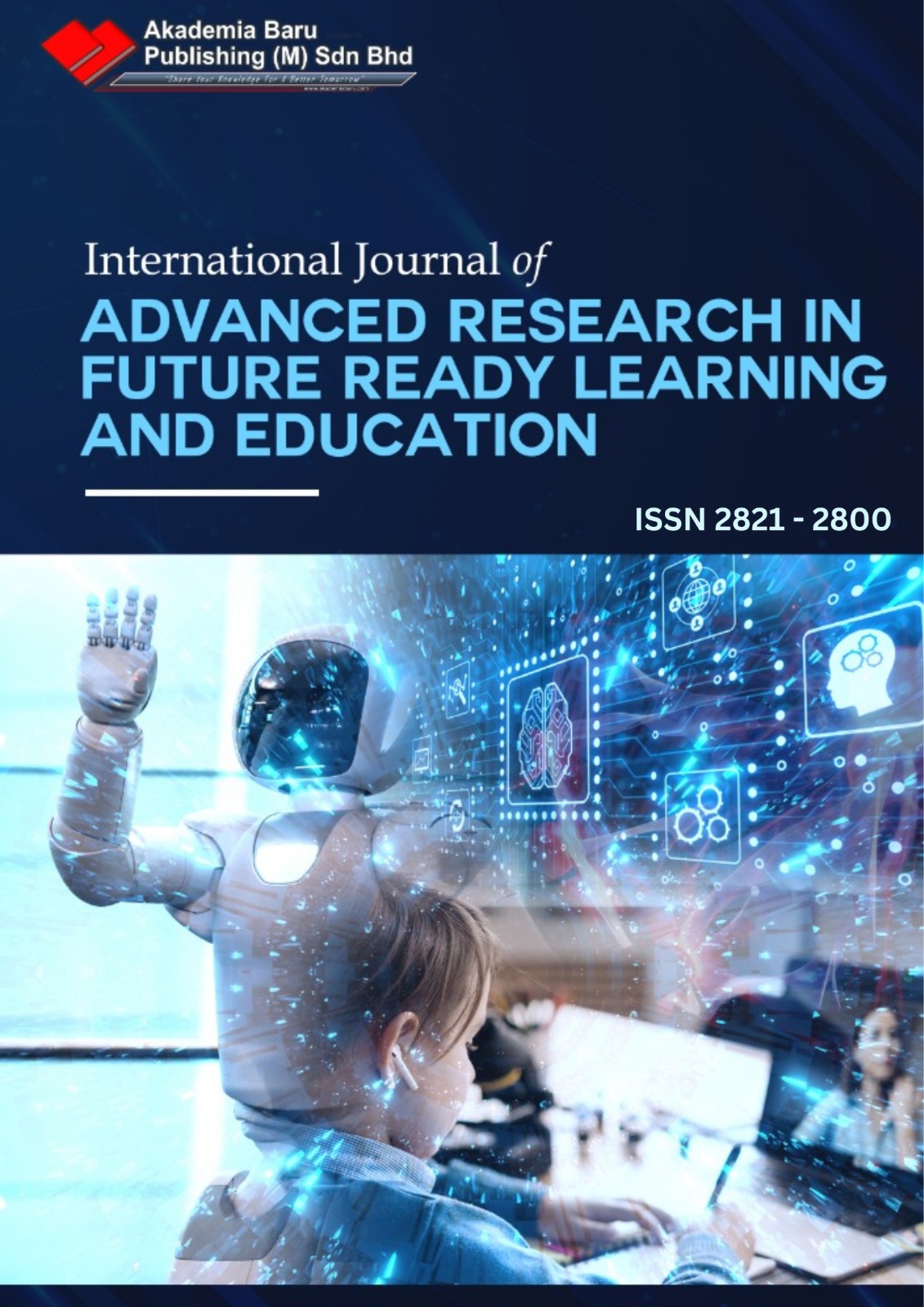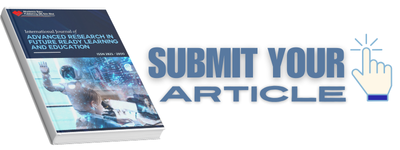Empowering Malaysian Academics: Crafting Online Learning Adaptation Guidelines
DOI:
https://doi.org/10.37934/frle.35.1.923Keywords:
COVID-19, online learning challenges, academic perspectives, transformationAbstract
The worldwide COVID-19 pandemic posed an unparalleled challenge to the higher education sector, necessitating universities to rapidly shift towards improvisation and the widespread adoption of online learning. This transition, while unexpected, has catalysed a surge in innovations tailored to diverse educational needs. Surprisingly, there is a scarcity of recent empirical analyses focusing on the challenges of online learning, particularly from the perspective of educators themselves. In light of this, our study seeks to shed light on the unique challenges faced by Malaysian academics in adapting to online learning during the pandemic. Our objective extends beyond mere identification, as we endeavour to formulate comprehensive online learning guidelines tailored specifically to the Malaysian academic context. We gathered data from 173 academics teaching at public universities in Central Malaysia, employing a 73-item questionnaire distributed through various online platforms, including email, Facebook, WhatsApp, and LinkedIn. The results reveal a significant departure from earlier findings, as the identified challenges from previous research did not resonate with our respondents, with mean scores for each challenge falling below 3.0. This suggests that Malaysian academics have successfully navigated these challenges. In pursuit of our second objective, we crafted a set of online learning guidelines grounded in four critical components: 1) content knowledge, 2) material quality knowledge, 3) technological knowledge, and 4) technological accessibility and equality. These guidelines were formulated based on the insights gained from our questionnaire data and the Technological Pedagogical Content Knowledge (TPACK) Model. Our study contributes to the broader discourse on online learning during the pandemic by providing a nuanced understanding of the experiences and needs of Malaysian academics, ultimately equipping them with a robust framework to enhance their online teaching practices.














